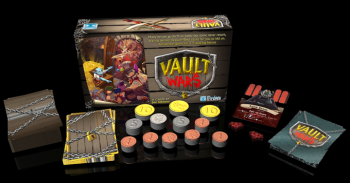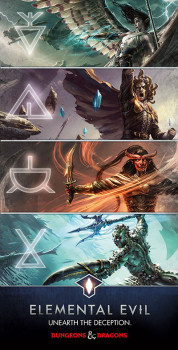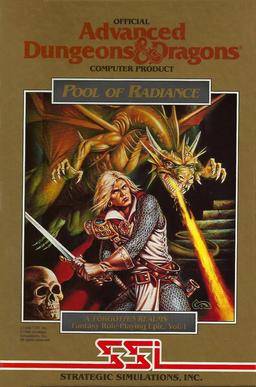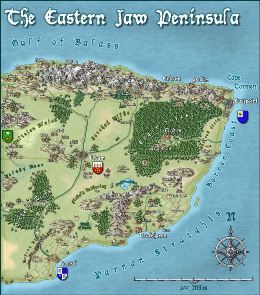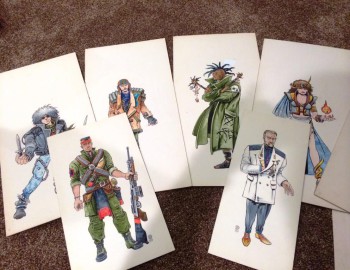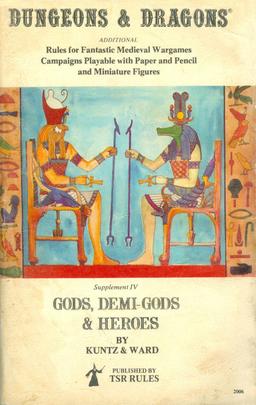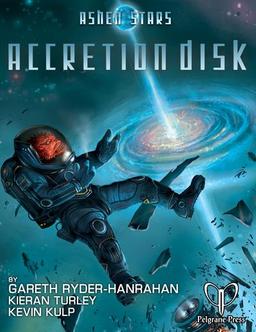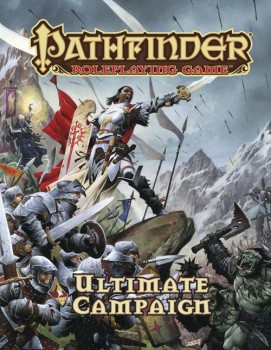Shock Midnight Ambushes, Last Gasp Duels and Paraplegic Dwarves: I’ve Been Playing Mount and Blade
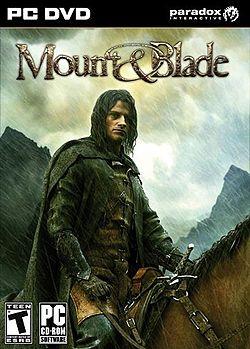 I’m not, by any means, a PC gamer: the laptop I’m using to write this is just about held together with duct tape and clumps of old twig, and I have no idea where I could even find a graphics card, let alone which one to get.
I’m not, by any means, a PC gamer: the laptop I’m using to write this is just about held together with duct tape and clumps of old twig, and I have no idea where I could even find a graphics card, let alone which one to get.
Mount & Blade, however, makes me want to become one. I’m running this thing on its lowest possible settings: reduced the character models to stickmen, the trees to papier-mâché, the textures to cardboard. I’ve stripped this game of all possible graphical fidelity to get it running OK. I mean it wasn’t all that much to start with, but now it looks like interactive diarrhea.
Yet, I’ve still decided that this is the most fun I’ve had with a game with ages. It’s one of the few games nowadays that can leave me transfixed for hours, or even days, at a time. It’s a shame then, that it’s still pretty darn obscure.
Just one little caveat before we start, though. I’m talking about the original Mount & Blade here, not the jazzed up sequel: Mount & Blade Warband. The two are pretty much the same; it’s just that Warband has a few minor improvements and tweaks, like a greater variety of quests, better graphics, better animations, the ability to flirt relentlessly with the ladies of the realm and a whole new faction to join.
There’s also multiplayer, really, really good multiplayer. If you can get Warband, get that, but the original ran better on my laptop, and I played it a load more, so I feel a little more comfortable talking about it. Although, really, everything I talk about here is applicable to Warband, even more so, probably.
Mount & Blade is an open world, action RPG developed by Taleworlds and published by Paradox interactive in 2008. Taking place in a moderately realistic fictional medieval world called Caladria, players take the role of a nondescript migrant from some distant land, come to make his or her fortune amidst the wars that have torn the country apart.
